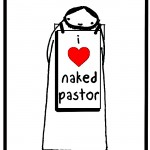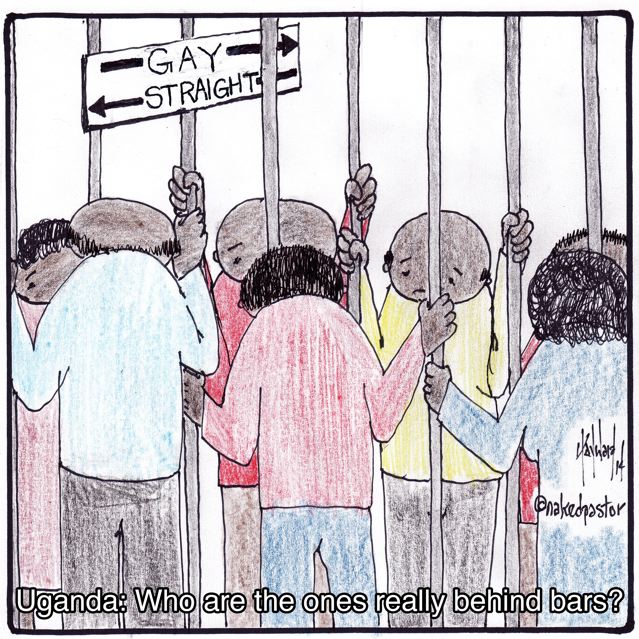I find David E. Fitch’s post about Rob Bell interesting. You can also read Tony Jones’ response to it. Even though one might initially suppose Fitch questions Bell’s affirmation of gay marriage, what he really takes issue with is Bell’s lack of accountability:
More and more I’m seeing Christian leaders who have no congregation/people they’re accountable to (who yet carry media/publishing driven leadership) create division with pronouncements.
Fitch says that more and more he’s seeing, etcetera. Does he mean that more and more Christian leaders have no congregations and people they are accountable to, or that he is finally seeing that this is happening? Although I believe it is true that more Christians are leaving the church, including its leaders, it is also true that there have been important Christian writers who have not been accountable to a certain church or denomination. In fact, there is a rich heritage of theologians from the beginning who, even though many have been brought into the fold posthumously, at the time of their teaching experienced ridicule, rebuke and rejection in the same way Bell has.
Is there something wrong with being an ex-pastor who writes theology? Fitch would say yes. But what does Fitch mean by accountability? What would this look like? Does he mean that the theologian’s work should be censored or edited by the church? Does he mean that if the work falls outside of the spectrum of the church’s theology then it won’t be published or that the leader must resign? Does it mean that if Bell was accountable this “nonsense” would never have got media coverage?
Or does he mean that, like the Roman Catholic Church, a theologian’s work must receive the nihil obstat, the imprimatur stamp of approval that declares the book may be published because it doesn’t contain anything damaging to the church’s faith or morals? His immediate use of the Pope as an illustration might suggest this when he writes:
I can listen to the Pope differently because he stands within 2000 years of a tradition so that he cannot make statements without being accountable to it.
Is Bell not accountable to his statements? Or does Fitch mean accountable for it? Does Bell not stand by his words? Yes, the Pope is also accountable to and for his words. But the Pope also makes statements that other faithful Christians find damaging to the faithful. So I’m not sure what Fitch means here by “accountable to it”. Punishable? Corrected? Censored? Edited? Banned?
I’m guessing, in the end, Fitch believes that if Bell was accountable to a congregation he wouldn’t have made, or wouldn’t have been able to make, his statements concerning gay marriage. He asserts such teaching “creates division”. My question is: Is it creating the division, or articulating a division that already exists? I think this is where the distinction finally needs to be made.
I suppose if it gets too impossible to manage what writers write then perhaps the next step might be to manage what readers read.











